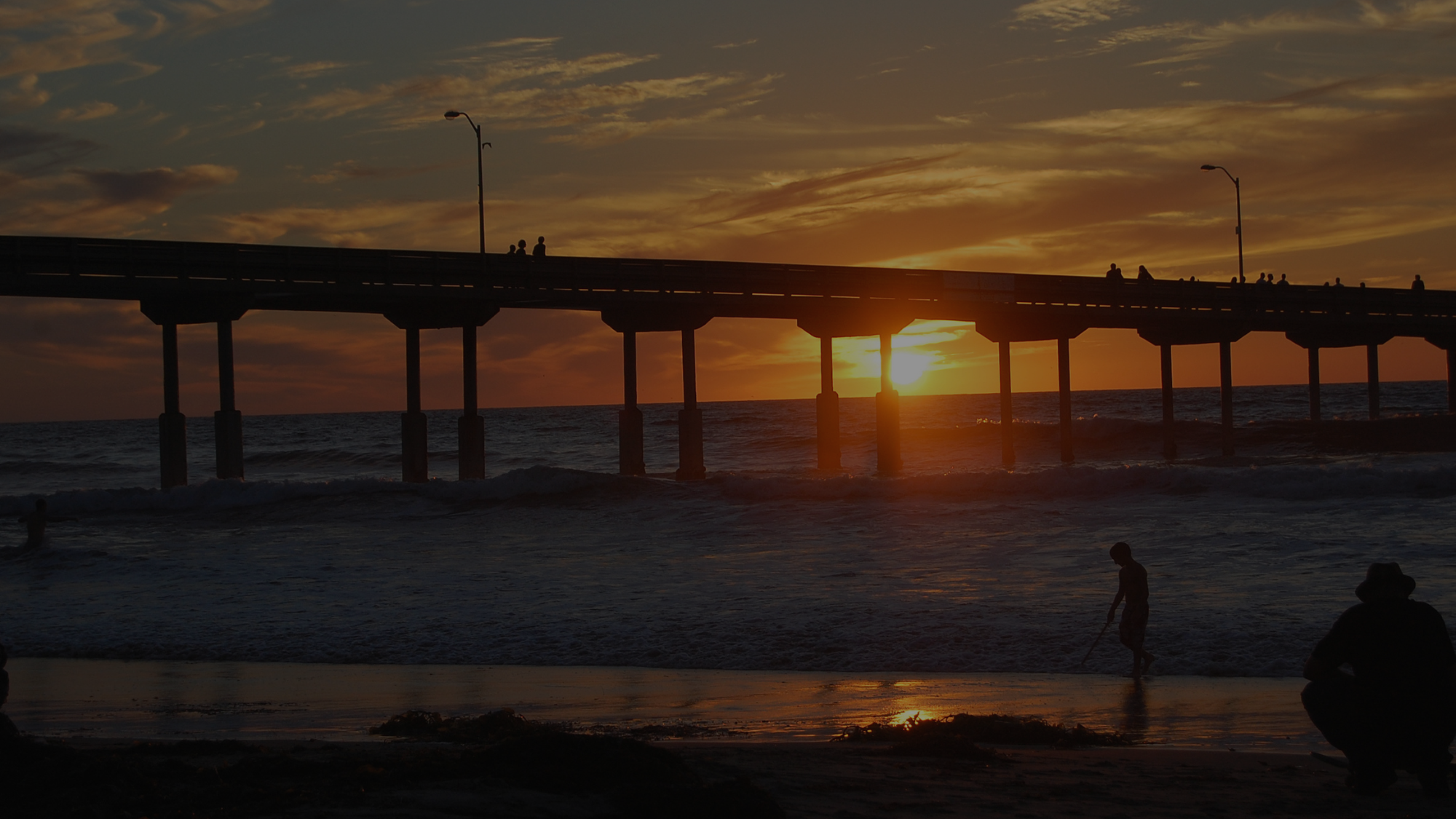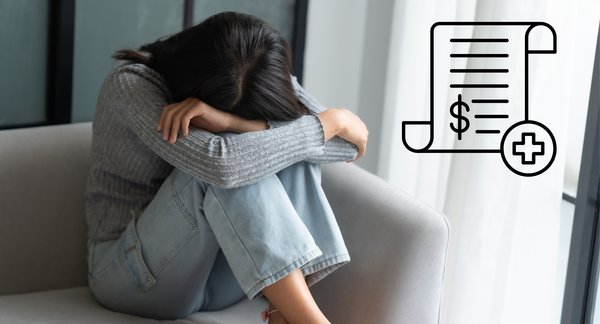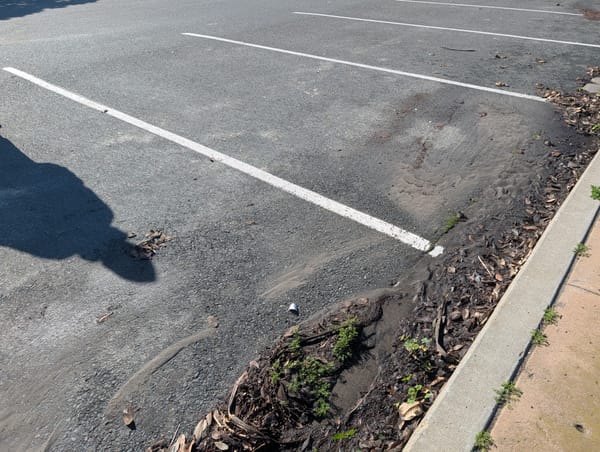Muslim leaders call for cross-cultural unity to confront hate
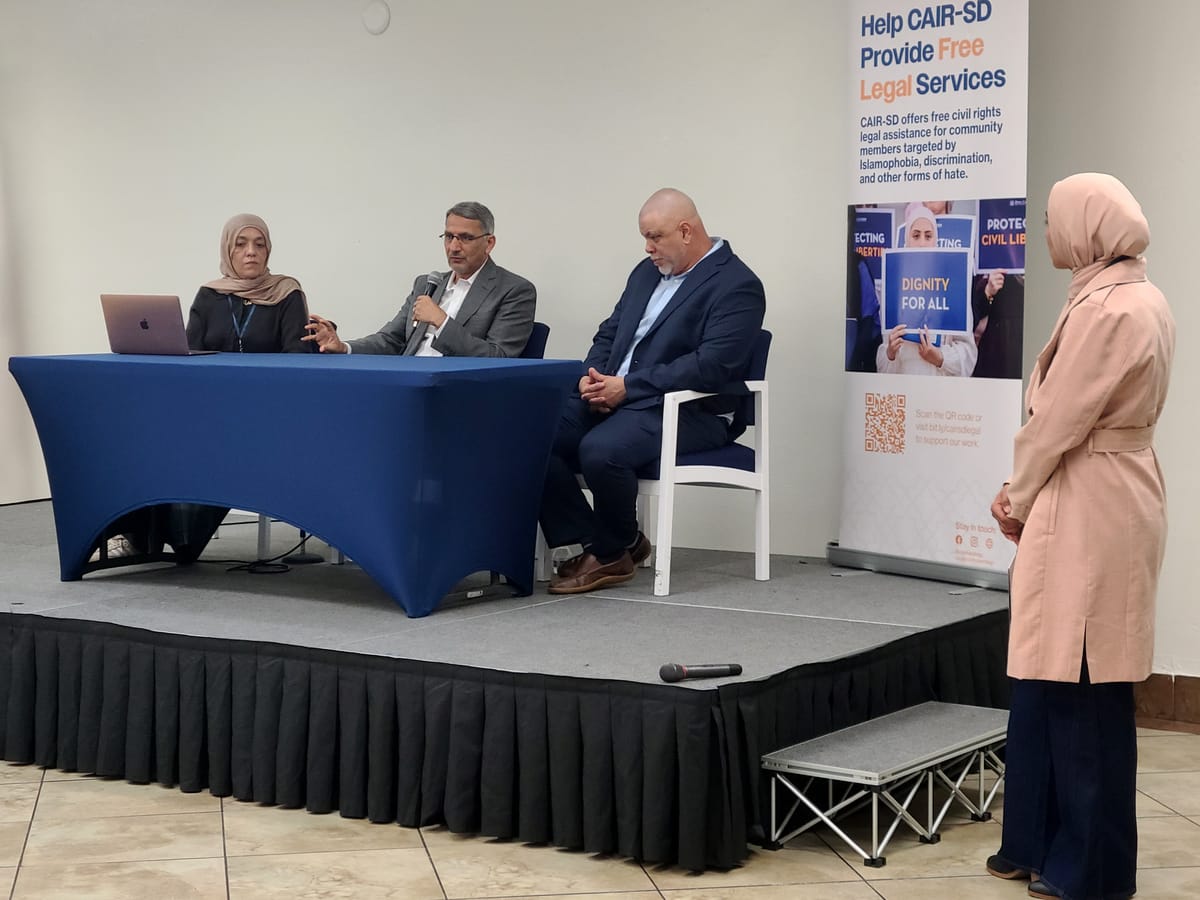
During an all day conference on Islamophobia, teachers, faith leaders and other San Diegans discussed the increasing prevalence of bullying against Muslim community members.
Written by Kate Morrissey, Edited by Lauren J. Mapp
Author’s Note: Daylight Board Member Lallia Allali was a panelist at the Islamophobia conference.
More than half of Muslim students reported feeling unsafe, unwelcome or uncomfortable at school in a 2021 survey — and the problem is only getting worse.
According to a report published in January by the Council on American-Islamic Relations, or CAIR, complaints of Islamophobic incidents, including harassment and bullying in schools, keep rising.
The San Diego office for CAIR held a conference to discuss how to combat Islamophobia on Aug. 16 at the Islamic Center of San Diego, a mosque and community space in Clairemont Mesa. Dozens of San Diegans, from teachers to clergy, joined Muslim leaders for a day of talks about the discrimination and hatred that many face for appearing to be Muslim.
“This is not a singular issue,” said Tazheen Nizam, executive director of CAIR San Diego. “This is not an issue that is just for the Muslim communities, because Islamophobia affects anybody who looks Brown and is not White these days.”
Hatem Bazian, a professor at University of California Berkeley who founded the school's Center for the Study and Documentation of Islamophobia, said that Islamophobia takes different forms in different parts of the world but that it exists everywhere, from surveillance in the United States to genocide in Gaza.
Referencing Martin Luther King Jr., Bazian said that materialism, militarism and racism — the three evils of society according to King — work together to create and foment Islamophobia.
“The world system is driven by capitalist, materialist accumulation and protected by the military industrial complex. In order to accumulate massively, you have the military industrial complex to protect this mass accumulation while using racism as a whole to distract from it,” Bazian said. “(Racism) is intended to divide and conquer people who have a common experience.”
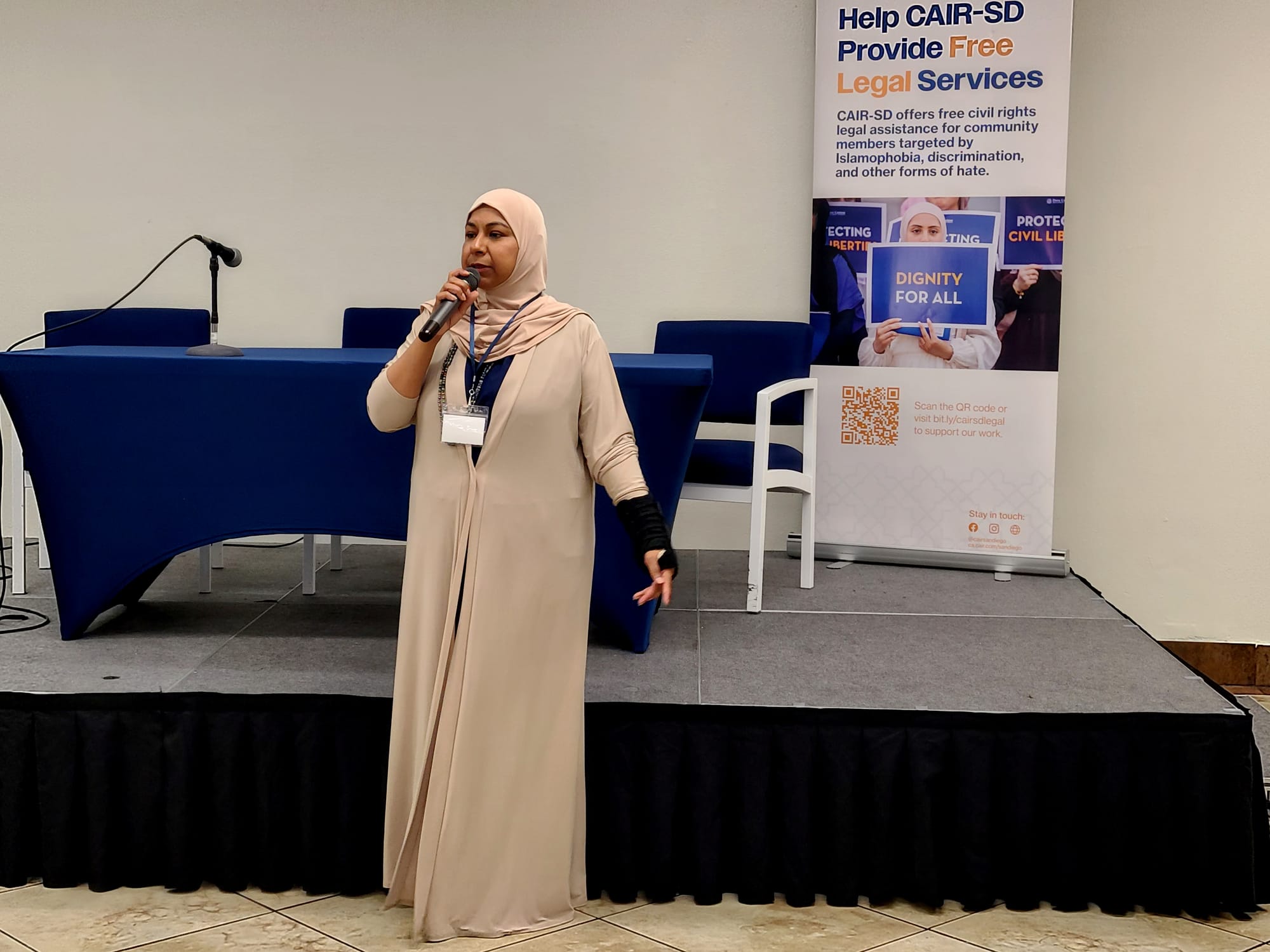
Eight men control more wealth than 50% of the world population, Bazian said, and elites use what he termed “resentment politics” to stay in power.
Islamophobia, he said, is about distraction. He called for a coalition to push for change and urged Muslim communities to seek interfaith conversation with communities of color, not just White religious leaders.
“There is no way that you would bring about substantial transformative change without actually creating coalitions of people that are like-minded,” Bazian said. “If you are not working with the Latino community, you're not making any change.”
Imam Taha Hassane, who runs the Islamic Center of San Diego, said people of different backgrounds need to spend time together and educate each other to lessen the prevalence of Islamophobia.
“We don't know each other. We are neighbors, but we don't know anything about one another,” Hassane said. “This is not the society that we would like to be part of. This is not a society where we want our kids to be.”
Marwa Azab, a psychology professor at California State University Long Beach, said that the stress from discrimination, including Islamophobia, can have major effects on both mental and physical health.
“As a Palestinian, how can I not stress?” asked one audience member, who said she'd been living in the U.S. for 38 years. “We're not accepted anywhere we go.”
The woman said she'd lost her job at a technology company because of what's happening in Gaza and hadn't been able to find other work.
“It's not just stress,” Azab said, naming other emotions the woman had brought up in her story — regret, fear and grief among them.
Azab said that some stress can be helpful, such as exercise or fasting, and encouraged audience members to seek culturally competent therapy.
Panelists at the event discussed the presence of Islamophobia in schools and in the media.
Lalia Allali, who has researched Islamophobia in K-12 schools, said a student once told her to be Muslim is to be ignored, unseen and unheard.
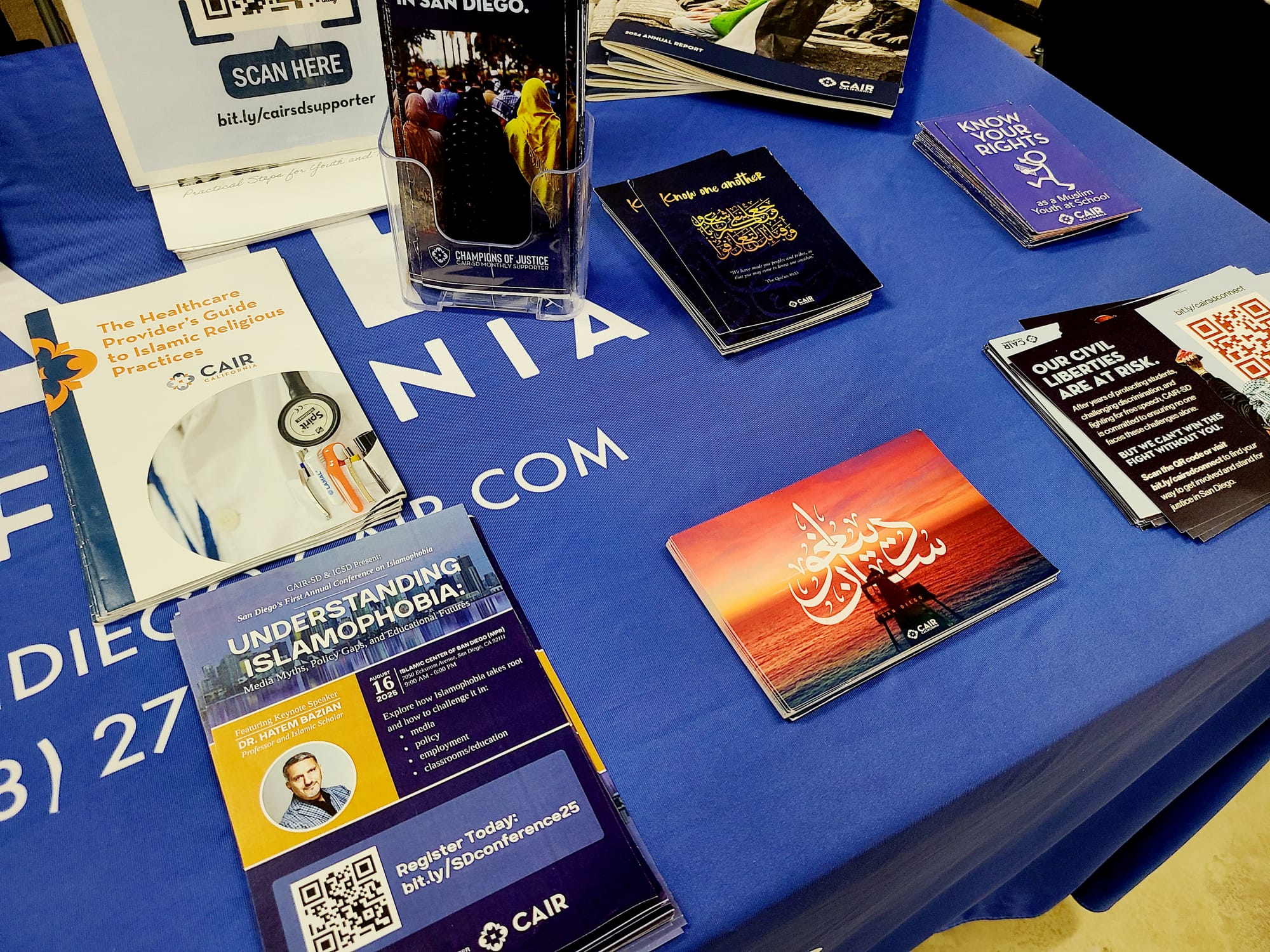
She said teachers lack religious literacy, which leads to experiences like negative feelings for Muslim students during discussions about 9/11. Many schools have good policies, Allali said, but the problem lies in implementation. She said school districts need to do a better job of including parents who are newcomers to the U.S. and teaching them about their rights.
“When I moved here, nobody told me about the school system,” Allali said. “I had to learn for myself.”
Panelists also brought up concerns about Islamophobia in local policies about surveillance, such as automated license plate readers, and proposed legislation.
That included two bills — A.B. 715, which creates an antisemitism prevention coordinator for the state Board of Education, and S.B. 771, which would regulate certain social media content — which panelists worried would punish discussion of Palestine as a place or any critique of Israel.
“It is clearly censorship,” said Samar Ismail, an organizer with CAIR San Diego, “and that's not a reality we should accept.”


